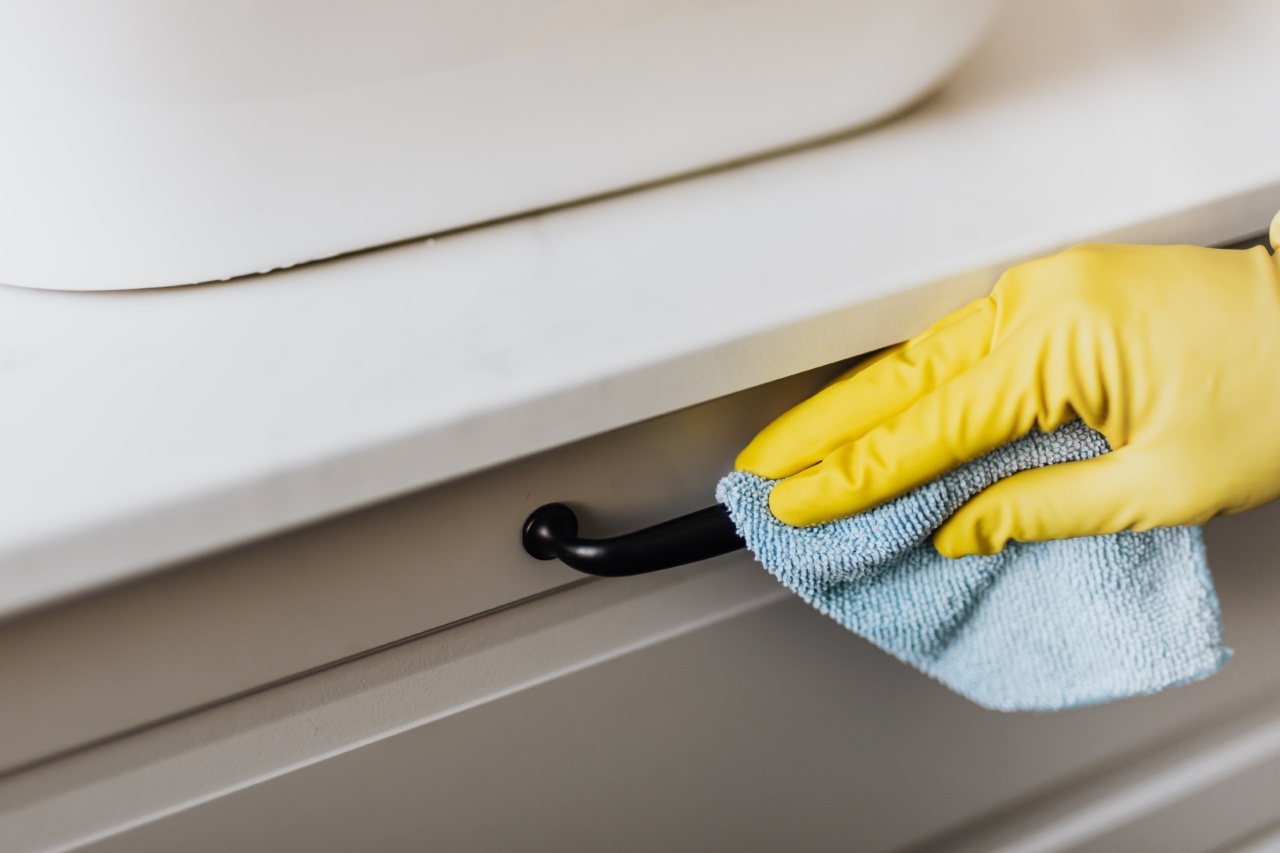It can be frightening for parents to see their infant with a high fever. Not only is their little one uncomfortable, but high fevers can also be indicative of a serious underlying condition.
Understanding how to handle a high fever in infants can help parents feel more prepared and confident in providing the appropriate care.
What is considered a fever in infants?
A fever in an infant is generally considered a temperature of 100.4 degrees Fahrenheit or higher.
However, the American Academy of Pediatrics advises parents to consider other factors, such as how the child is acting and if other symptoms are present, when determining if medical attention is necessary.
What can cause a fever in infants?
There are a variety of conditions and illnesses that can cause a fever in infants. Some common causes include:.
- Viral infections, such as a cold or flu
- Bacterial infections, such as an ear infection or urinary tract infection
- Immunizations
- Teething
- Heat exhaustion or dehydration
- Meningitis or pneumonia (less common)
How to treat a high fever in infants
It’s important to note that a fever is a sign that the body is fighting an infection or illness, so treating the fever itself doesn’t necessarily treat the underlying cause. In most cases, fever will resolve on its own within a few days.
However, there are steps parents can take to help make their infant more comfortable during this time:.
- Ensure the infant is getting plenty of fluids, either through breastfeeding, formula, or small sips of water (if over 6 months of age).
- Dress the infant in lightweight clothing and use a light blanket to prevent overheating.
- Provide acetaminophen (Tylenol) or ibuprofen (Advil) as directed by a healthcare provider. It’s important to use the correct dose based on the child’s weight and age, and to not give both medications at the same time.
- Use a cool compress or lukewarm bath to help lower the fever. Never use cold water or ice baths.
- Monitor the infant for any changes in behavior or signs of serious illness.
When to seek medical attention
While most fevers in infants are harmless and resolve on their own, there are situations where medical attention is necessary. Parents should seek immediate medical care if their infant:.
- Is less than 3 months old and has a rectal temperature of 100.4 degrees Fahrenheit or higher.
- Is 3-6 months old and has a rectal temperature of 101 degrees Fahrenheit or higher.
- Has a fever that lasts longer than 24-48 hours.
- Is lethargic or difficult to wake.
- Is extremely irritable or inconsolable.
- Has other symptoms, such as vomiting, diarrhea, rash, or difficulty breathing.
Preventing fevers in infants
While it’s impossible to prevent all infections and illnesses, there are steps parents can take to reduce the risk of their infant developing a fever:.





























